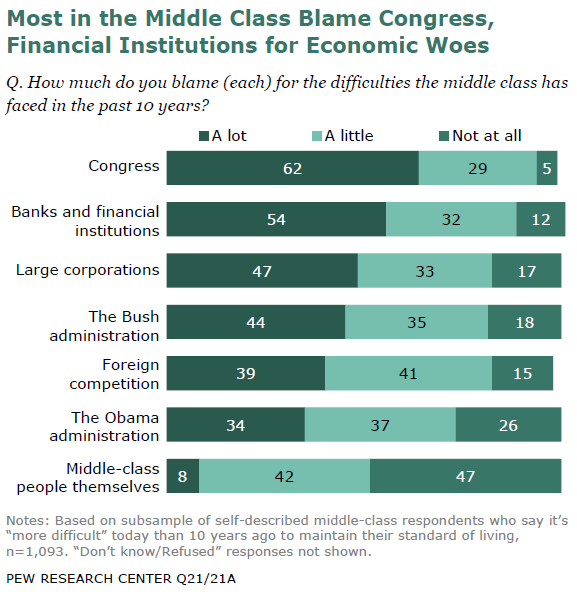Ninety-five percent of those claiming they never use the cloud actually do so via online banking and shopping, social networking, and storing photos and music
Source: Most Americans Confused By Cloud Computing According to National Survey (NASDAQ:CTXS)
